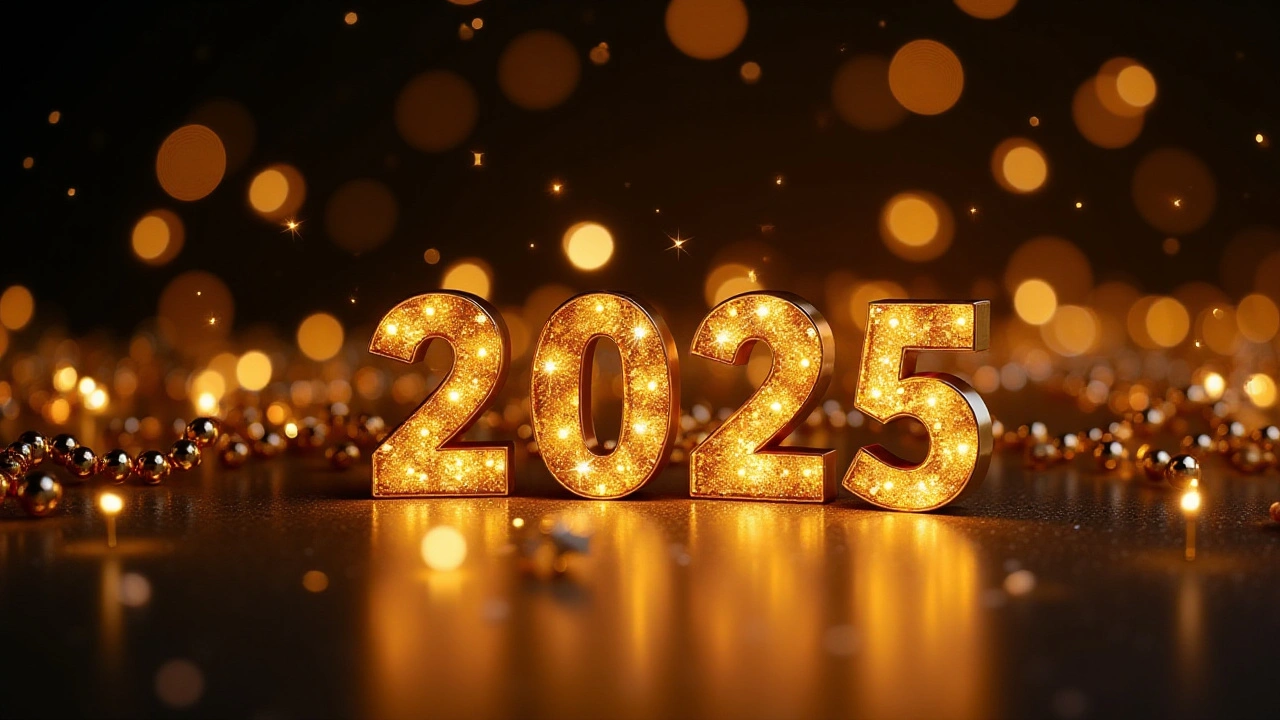New Year's Day History: How It All Began
Have you ever wondered why we celebrate New Year's Day on January 1st? It might seem obvious today, but this choice has a long, interesting history. New Year's Day marks the start of the calendar year, but it's not been set in stone throughout human history. Different cultures switched dates and calendars before settling on what we use now.
Originally, many ancient civilizations had their own calendars and new year dates. For example, the Babylonians celebrated the new year in spring, around the time of the vernal equinox. This made sense to them because spring marks new life and fresh starts in nature.
Why January 1st?
The date January 1st became official largely due to Julius Caesar's calendar reform in 45 BCE, which introduced the Julian calendar. He chose January 1st as the start because the month was named after Janus, the Roman god of beginnings and doorways. It symbolized looking back at the old and forward to the new. This shift mattered—it connected the new year to the cycle of the sun and seasons.
However, even after Caesar's reform, not everyone agreed instantly. Many European countries kept celebrating the new year on different dates during the Middle Ages, like March 25th or December 25th. It took centuries before January 1st became the global norm. For example, England didn't officially adopt January 1st as New Year’s Day until 1752 with the adoption of the Gregorian calendar, which improved on the Julian calendar by correcting the drift of dates over time.
New Year's Traditions Around the World
New Year's Day isn't just about marking a date—it comes with lots of cultural traditions too. From fireworks and countdowns to making resolutions, these customs evolved alongside the calendar changes. In many cultures, the new year is a chance to start fresh, clean the house, or wear specific colors believed to bring luck. Some countries also celebrate with special foods that symbolize prosperity or good fortune.
In essence, New Year's Day is a mix of history, astronomy, and culture coming together. Knowing its history helps us appreciate why this day feels like a big deal for people everywhere. Whether you're cheering at midnight or reflecting on the past year, remember that this tradition has roots stretching back thousands of years and millions of steps in human history.
New Year’s Day 2025 marks an opportunity for introspection and fresh beginnings, deeply rooted in ancient Roman and Christian traditions. Celebrated globally on January 1st, it’s a time for fireworks, family gatherings, and festive activities. This year, share heartfelt wishes to spread joy and positivity among loved ones. The New Year symbolizes a cherished moment to set goals, reflect on the past, and look forward to the future.


 Sports
Sports